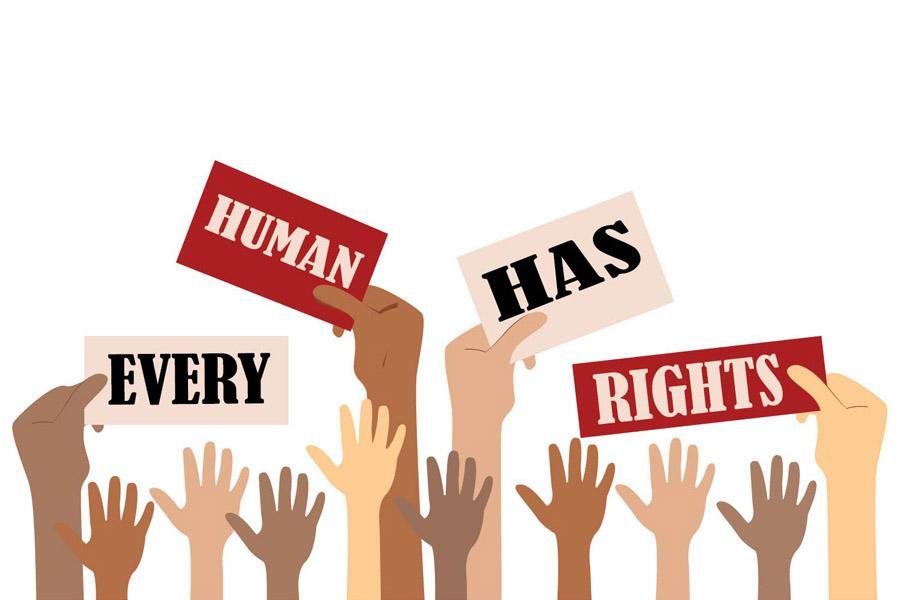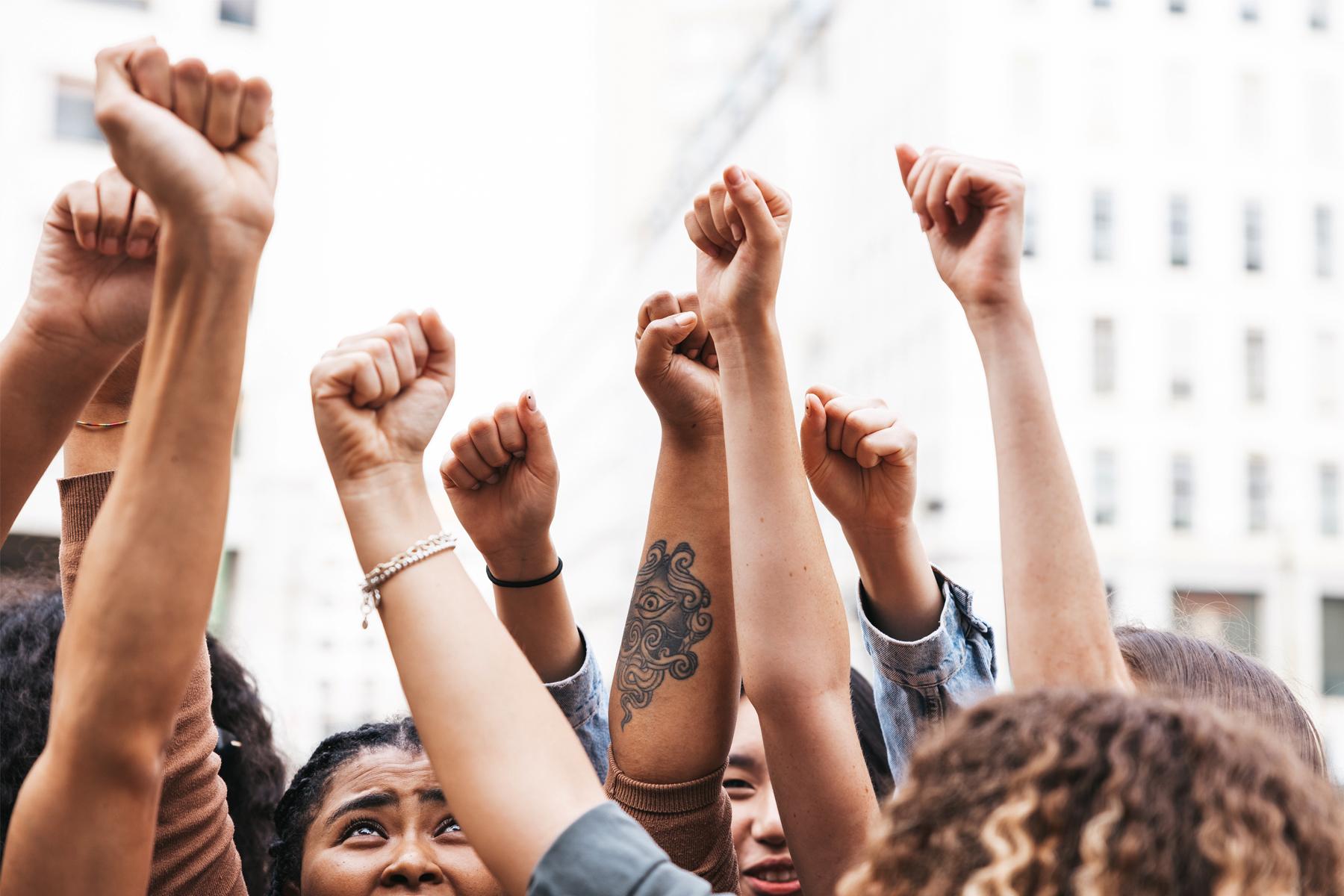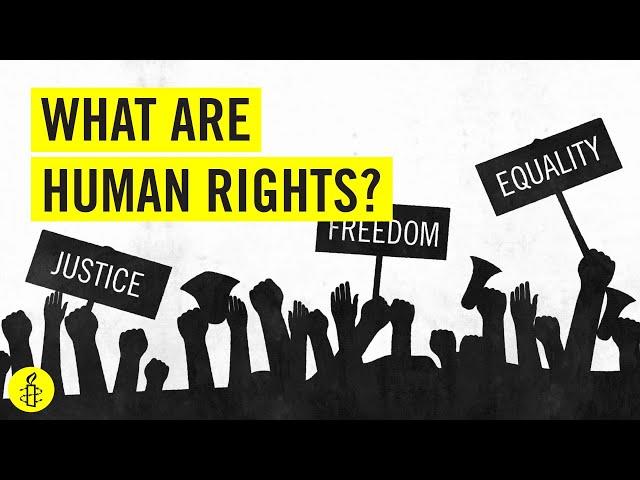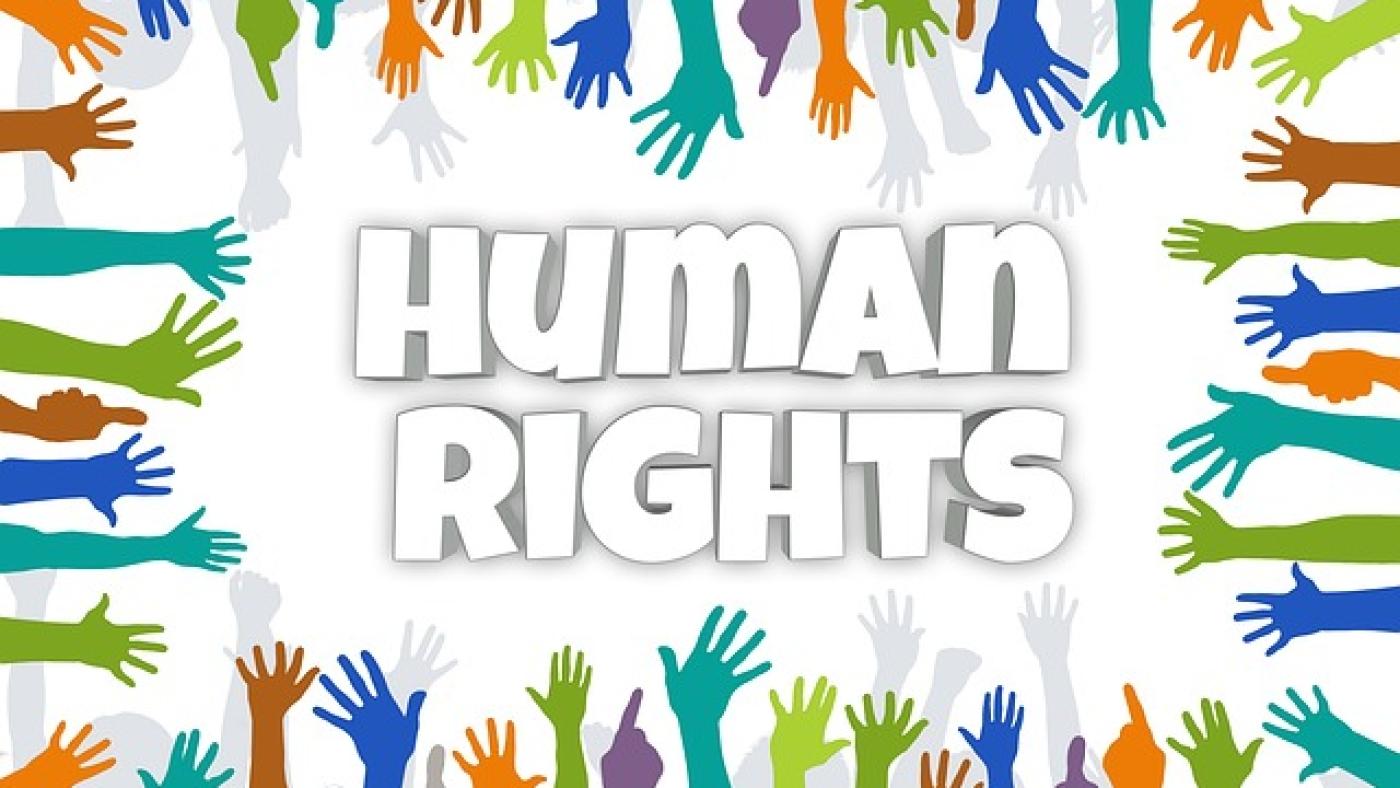Human Rights Court Delivers Landmark Ruling on Venezuelas 2013 Election Conduct
The decision delivered by the human rights court has far-reaching implications for Venezuela’s political landscape, specifically regarding the contentious 2013 presidential election. The court found substantial evidence that the electoral process was marred by numerous irregularities, undermining the fundamental principles of democratic governance. Among the key findings were:
- Coercive practices aimed at influencing voter behaviour, particularly among public servants.
- Restrictions on opposition candidates, limiting their ability to campaign effectively and access media.
- Inequitable distribution of resources, favoring the ruling party during the electoral period.
This ruling highlights the importance of upholding international human rights standards in electoral processes. It serves as a reminder that fair elections are a cornerstone of democracy, where citizens must be able to express their will without fear of manipulation. The court’s decision could reignite discussions about electoral reform in Venezuela and encourage calls for accountability among its leaders as the nation grapples with ongoing political and economic crises.

Implications of the Courts Decision for Venezuelas Political Landscape
The recent ruling from the human rights court, which found Venezuela in violation of international norms during the 2013 election process, threatens to catalyze significant political shifts within the country. This decision not only brings to light the alleged irregularities that marred the electoral event but also tips the scale in favor of renewed scrutiny on the government’s electoral practices. As political tensions simmer, this ruling may embolden opposition parties and civil society groups to challenge the current regime more vigorously, potentially re-energizing efforts toward democratic reform. The implications could ripple through both domestic politics and international relations, as external pressures on Venezuela might mount for compliance with rule of law regarding human rights.
Furthermore, the ruling serves as a potential rallying point for a fragmented opposition, providing both a legal and moral framework from which to advocate for change. Key considerations may include:
- Increased Mobilization: Activists and political leaders could leverage international support garnered through this verdict to galvanize grassroots movements for democracy.
- Pressure on Governance: The ruling may compel the Maduro administration to enhance dialogue with opposition factions to mitigate growing dissent and stabilize its grip on power.
- International Repercussions: While Venezuela has often dismissed external criticisms, this ruling could bolster calls for sanctions from foreign governments, potentially crippling an already beleaguered economy.
As the political climate in Venezuela evolves in response to this significant legal judgment, its ramifications will reverberate throughout the nation, impacting not only the immediate political landscape but the broader context of human rights and democratic governance in the region.

Challenges Ahead: Ensuring Compliance with International Human Rights Standards
The recent ruling by the Inter-American Court of Human Rights serves as a significant reminder of the complexities surrounding compliance with international human rights standards, especially in contexts like Venezuela’s political landscape. The court found that the Venezuelan government had violated numerous rights during the chaotic 2013 presidential elections. This brings to the forefront a series of challenges that the nation must confront to align its practices with established human rights norms. The implications of this ruling are profound, as they reflect not only on the electoral process but also on the broader commitment of the state to uphold the ideals of democracy and civil liberties.
To navigate the path ahead, several key areas require urgent attention and reform, including:
- Ensuring electoral integrity: Implementing transparent processes to restore public trust in future elections.
- Protecting dissent: Safeguarding the rights of journalists and political opponents who face repression.
- Engaging with international bodies: Collaborating with human rights organizations to monitor compliance and foster an environment of accountability.
Addressing these challenges is critical for Venezuela to not only fulfill its international obligations but also to create a society where human rights are respected and protected for all citizens.

Recommendations for Strengthening Electoral Integrity in Venezuela
In light of the recent ruling by the human rights court, Venezuela must undertake significant reforms to promote transparency and restore faith in its electoral processes. To strengthen the integrity of elections, it is essential that the Venezuelan government adopts a series of measures designed to enhance impartiality and accountability. Key recommendations include:
- Establishing an independent electoral commission free from political influence to oversee the electoral process.
- Implementing robust monitoring mechanisms with the participation of international observers to ensure fair play during elections.
- Ensuring equal access to media and public platforms for all candidates, enhancing voter awareness and informed decision-making.
Furthermore, creating a framework for civic engagement is crucial for empowering citizens to actively participate in the electoral process. Grassroots organizations should be supported to educate voters about their rights and the importance of their participation. Additionally, the government must commit to safeguarding against electoral fraud and interference, ensuring that all voting practices adhere to international standards. Compelling actions to consider include:
- Strengthening laws that protect whistleblowers who report electoral irregularities.
- Promoting technological solutions for transparent vote counting and result reporting.
- Facilitating open dialogue forums between government officials, civil society, and citizens to address electoral concerns.
